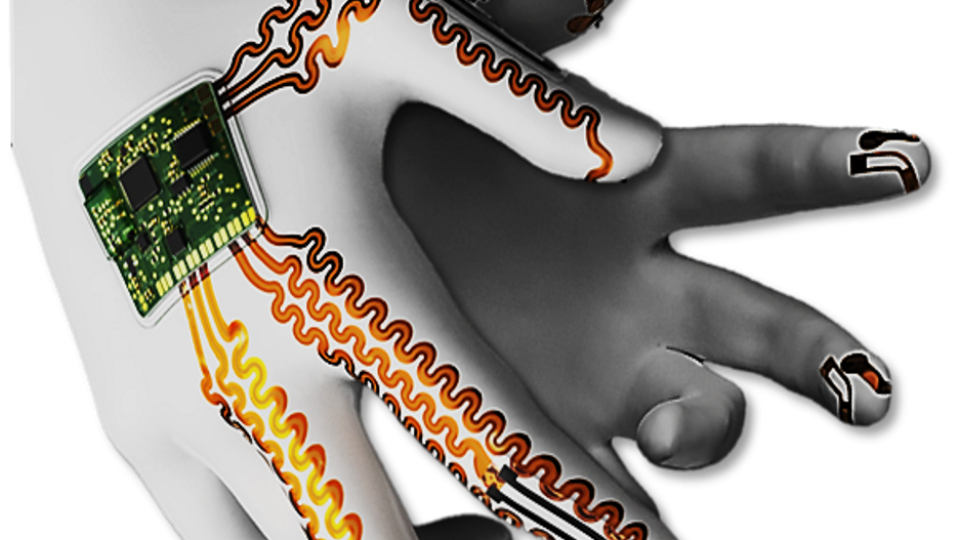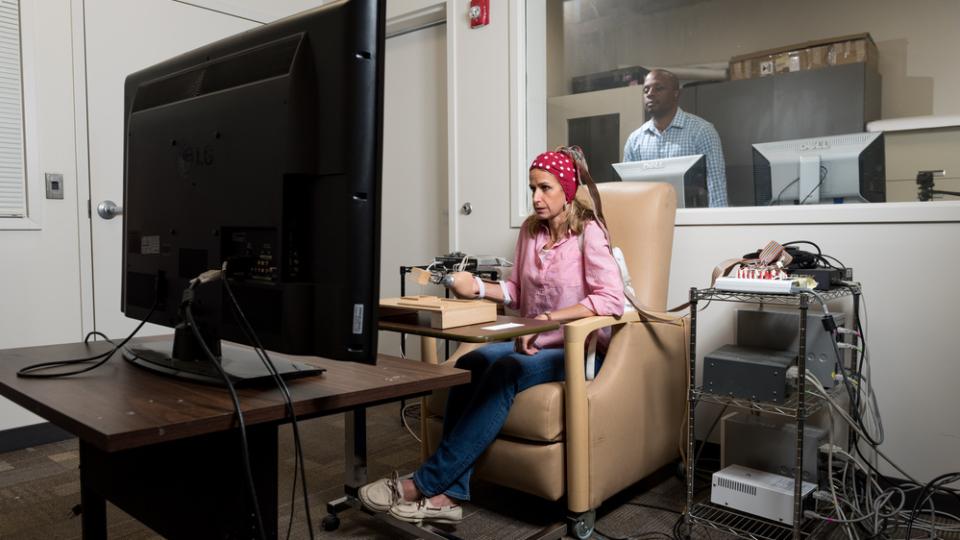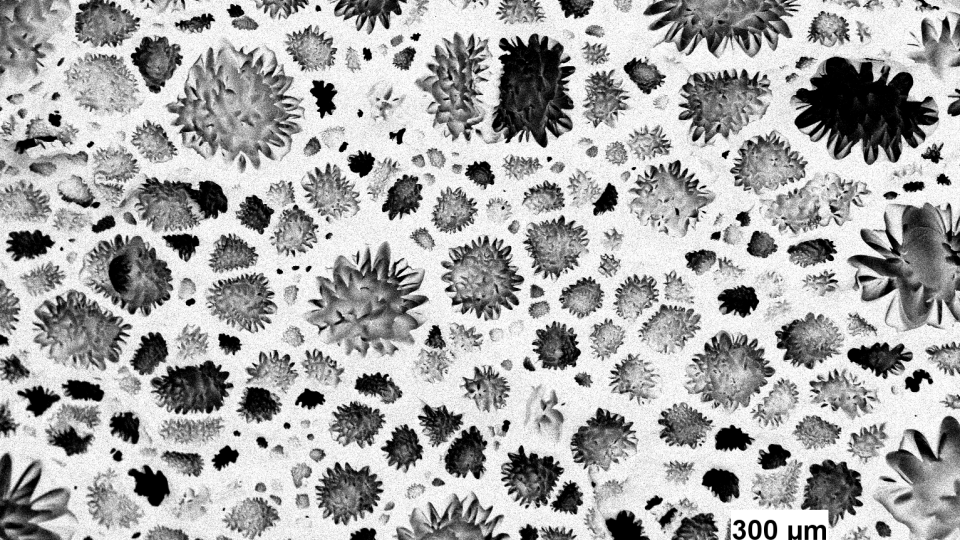Georgia Tech scientists explore the elemental makeup of a 15th-century brick to connect Dracula’s legend with real-world materials science.
The third annual Oliver Brand Memorial Lecture featured insights from IBM’s Vijay Narayanan on how advanced materials are shaping the future of artificial intelligence.
AI-powered artificial muscles made from pliable materials are reshaping recovery, from stroke rehabilitation to prosthetic design. These machines help people regain motion, strength, and confidence.
The National Academy of Engineering–affiliated symposium brings together top early-career researchers from both sides of the Atlantic to address critical challenges in science and technology.
A surprising behavior, overlooked for decades, could pave the way for development of a new class of energy-efficient electronics inspired by nature.
Two years into a $49.5 million cancer-mapping project, researchers are opening the door to new kinds of tests that could alert doctors to multiple kinds of cancer when they’re most treatable.
Meet Georgia Tech’s neurology experts exploring the brain’s impact on the entire body.
The winning images from the 2025 NNCI image contest were announced on National Nanotechnology Day
Research uncovered 122 cases of limb loss across 58 lizard species and revealed that these “three-legged pirates” – the rare survivors of traumatic injuries – can run just as fast, maintain healthy body weight, reproduce successfully and live surprisingly
Menon discusses her interdisciplinary approach to improving building sustainability and efficiency through advanced materials and systems.
Nine graduate students have been chosen for IMS's new apprenticeship program, offering practical training in fabrication, characterization, and systems-level problem-solving.
Heart failure remains one of the most challenging conditions to monitor outside the clinic.
Pagination
Visit our Research News Center
The Institute for Matter and Systems regularly releases articles and videos featuring its research, faculty, and students. This includes stories about microelectronics, built environment technologies, advances in infrastructure systems, and other technologies that improve the human condition.











